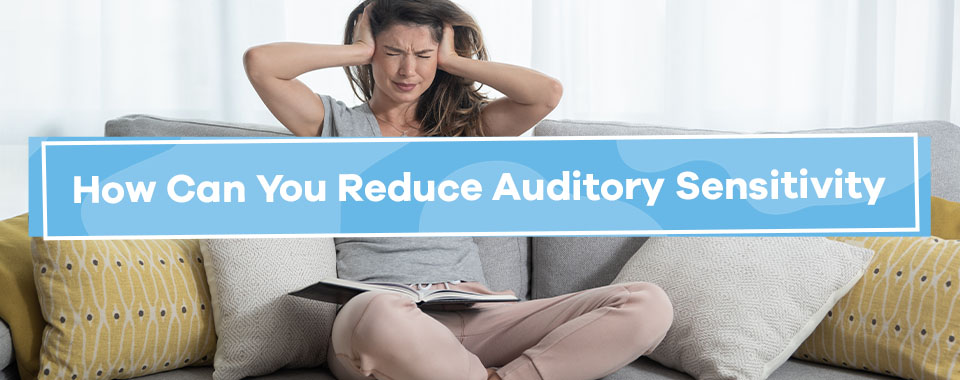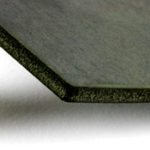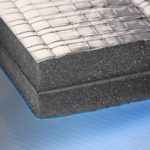
We’ve all experienced hearing a sudden, loud noise that made us take notice or jump to attention. This happens once in a while for most people. For those with auditory sensitivity, it can be an everyday occurrence.
Common noises such as smoothie blenders, the washing machine or traffic noise can seem overwhelming and even painful for those sensitive to sounds. If you or someone in your household has this condition, you can take steps to minimize its effect.
What Is Auditory Sensitivity in Kids and Adults?
Auditory sensitivity, sometimes called hyperacusis, affects about one out of every 50,000 individuals — in the United States, thousands of people have been diagnosed with this problem. Others may struggle with it and not realize it.
The cause of auditory sensitivity differs from case to case. Some people are sensitive to noises from birth. This usually becomes apparent fully by the time they’re preschool or kindergarten age. Other people develop hyperacusis as they age, perhaps because of constant exposure to loud sounds or a correlating hearing condition like tinnitus.
With auditory sensitivity, all noises sound loud. The sounds of the world compete with each other, causing a frustrating compilation of multiple sounds at once. This makes it hard for people with hypersensitivity to sound to distinguish individual conversations, focus on tasks and replicate sounds they hear.
Symptoms Common in Individuals With Auditory Sensitivity
Like most conditions, auditory sensitivity presents itself differently in every person. Below are some of the most common symptoms that may point to hypersensitivity to noises:
- Becoming overwhelmed quickly: Children and teens may develop a tendency toward emotional outbursts, especially when placed in noisy environments.
- Social withdrawal: Plenty of people with auditory sensitivity withdraw from situations to avoid dealing with intense noise.
- Depression and mood swings: Auditory sensitivity can be isolating, which leads many people with the condition to feel depressed and anxious.
- Difficulty speaking: It can be tough to distinguish the individual sounds within words if everything sounds loud or staticky. Delayed speech or poor diction in kids and adults can be an indicator of auditory sensitivity.
Any changes in or concerns with your or a family member’s hearing should be brought up with your healthcare provider, so you can determine the next steps to take.
Examples of Auditory Sensitivity Treatments
Decreasing auditory sensitivity can happen with time and patience. A few ways to reduce the effects of auditory sensitivity include:
- Exposing the individual to sounds a little bit at a time. This helps desensitize the person and assists them in focusing on one noise over another.
- Installing soundproofing material in rooms. Soundproofing materials like insulation, barriers and petitions dampen sound and create soothing environments for those who are hypersensitive to noise.
- Wearing a device that sends white static noise into the ear. The static reduces other sounds, making them feel less painful.
No matter what type of treatment you try for yourself or someone you care about, you can be sure that a practical solution exists for this issue. Browse Soundproof Cow’s products for exceptional, trustworthy soundproofing solutions.










